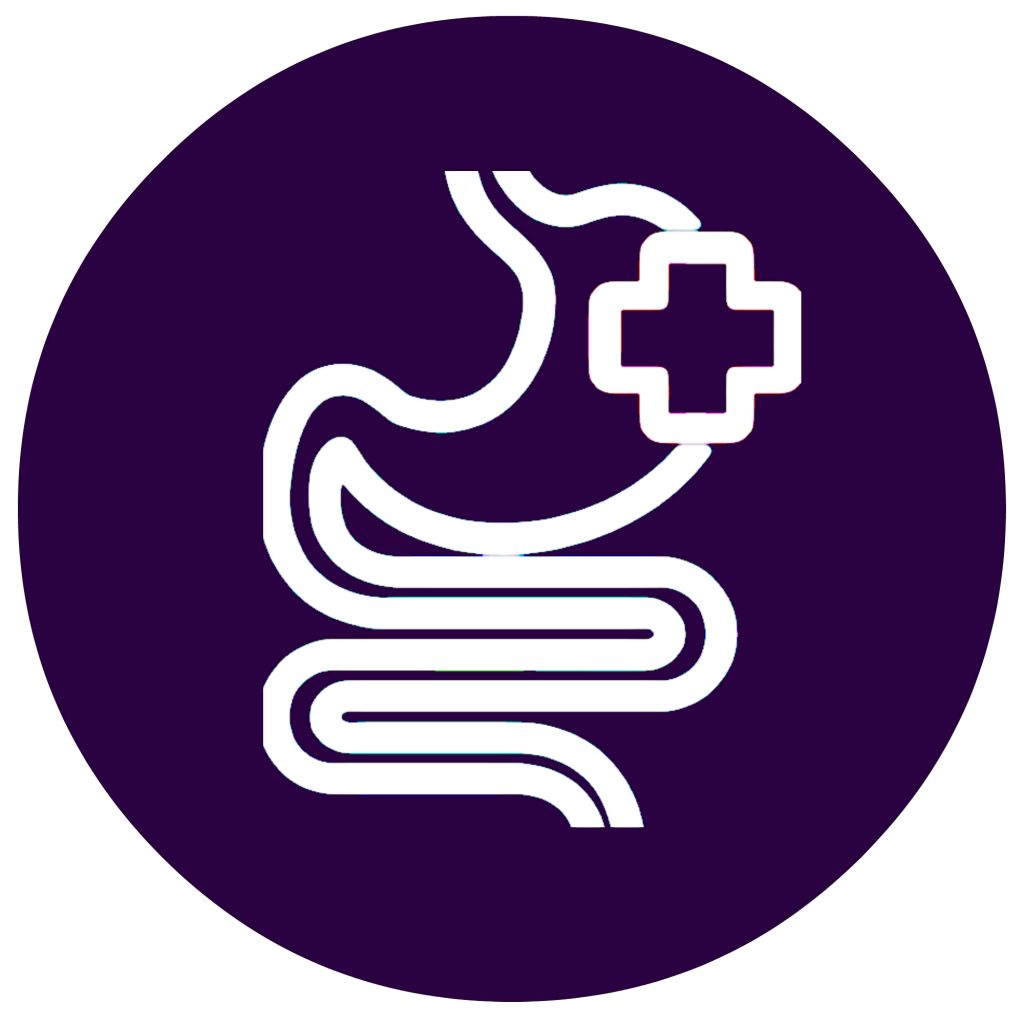Menu
Menu
Health Benefits
You are what you eat
Please allow us to help you understand more about the health benefits that can be derived from eating fresh vegetables.
Vision
Our eyes are our windows to the world. Healthy vision keeps our lives full of joy.
Find out more
You probably remember your mother telling you that eating carrots is good for your eyes. Do you know why?
Carrots contain a class of compounds called carotenoids, in particular beta-carotene. Our bodies can convert beta-carotene into vitamin A, which is particularly important for maintaining healthy vision. Consuming vitamin A in the form of carotenoids has an advantage over pre-formed vitamin A (retinol), as an excessive intake of retinol can lead to a significant level of toxicity in the body. However, there are no adverse health effects in consuming large amounts of carotenoids found in vegetables. Zinc and riboflavin also help in maintaining healthy vision.
Carrots contain a class of compounds called carotenoids, in particular beta-carotene. Our bodies can convert beta-carotene into vitamin A, which is particularly important for maintaining healthy vision. Consuming vitamin A in the form of carotenoids has an advantage over pre-formed vitamin A (retinol), as an excessive intake of retinol can lead to a significant level of toxicity in the body. However, there are no adverse health effects in consuming large amounts of carotenoids found in vegetables. Zinc and riboflavin also help in maintaining healthy vision.

Product Tips
View More
- Sweet Potatoes
- Watercress
- Spinach
- Rocket
- Pumpkin
- Kales
- Carrots
- Cabbages
- Silverbeet

Product Tips
View More
- Potatoes
- Sweet Potatoes
- Watercress
- Spinach
- Squash
- Silverbeet
- Pumpkin
- Snow Peas
- Lettuce
- Cabbages
- Carrots
Skin
Our skin is not just an outer-layer which protects our bodies.
It is the largest organ we have and it helps to regulate our body’s temperature.
Find out more
Our skin, which is our most extensive sense organ, is often ignored. As it is often exposed to our harsh environment, it is vital that our skin heals quickly should it be damaged in any way. Both vitamins and minerals are essential for our skin’s ability to repair its structure, as well as its appearance. Many nutrients in vegetables help maintain healthy skin, including vitamin A, vitamin C and some B-group vitamins (biotin, niacin and riboflavin).
Immune System
This is our host defence system.
Keep it strong and it will keep us healthy.
Find out more
This sophisticated system is a complex network of cells, tissue and organs that work harmoniously together to neutralize pathogens like bacteria, viruses, parasites and fungi.
It also recognizes and neutralizes harmful substances from the environment and fight disease-causing changes in the body, such as cancer cells.
It is a well-known fact that our diet can help modulate our bodies’ immunity.
Eating right is a great start and many nutrients in vegetables are vital for the healthy functioning of the immune system including vitamin A and vitamin C.
It also recognizes and neutralizes harmful substances from the environment and fight disease-causing changes in the body, such as cancer cells.
It is a well-known fact that our diet can help modulate our bodies’ immunity.
Eating right is a great start and many nutrients in vegetables are vital for the healthy functioning of the immune system including vitamin A and vitamin C.

Product Tips
View More
- Asparagus
- Broccoli
- Cauliflower
- Carrots
- Sweet Potatoes
- Pumpkins
- Lettuce
- Watercress
- Silverbeet
- Spinach
- Parsnip
- Radicchio
- Snow Pea
- Funnel
- Butterhead

Product Tips
View More
- Watercress
- Asparagus
- Silverbeet
- Turnip
- Spinach
- Celery
- Cauliflower
- Fennel
- Radicchio
- Cabbages
Hydration
It is said that up to 60% of the human adult body is water.
Stay hydrated!
Stay hydrated!
Find out more
Our bodies use water in all its cells, organs and tissues to help regulate its temperature and other bodily functions.
Water also helps protect the spinal cord and acts as a lubricant and cushion for our joints. Adequate water intake enables our bodies to excrete waste through perspiration, urination and defecation.
Electrolytes (such as potassium, calcium and magnesium) help to control the amount of water in our bodies.
Their role is also to direct water to the areas it is most needed.
Water also helps protect the spinal cord and acts as a lubricant and cushion for our joints. Adequate water intake enables our bodies to excrete waste through perspiration, urination and defecation.
Electrolytes (such as potassium, calcium and magnesium) help to control the amount of water in our bodies.
Their role is also to direct water to the areas it is most needed.
Heart
The heart is the body’s engine room, and some say the centre of life.
Having a healthy heart helps to keep the rest of the organs and your body healthy as well.
Having a healthy heart helps to keep the rest of the organs and your body healthy as well.
Find out more
The heart pumps blood throughout our bodies via the circulatory system.
This network carries oxygen, nutrients and hormones to cells and removes waste products like carbon dioxide back to the heart which then sends the blood to the lungs to pick up more oxygen.
The circulatory system also helps to stabilise our bodies’ temperature and pH balance.
Many vitamins and minerals in vegetables are vital for our circulatory system as they assist in the formation of blood vessels and are necessary for normal blood formation and clotting.
This network carries oxygen, nutrients and hormones to cells and removes waste products like carbon dioxide back to the heart which then sends the blood to the lungs to pick up more oxygen.
The circulatory system also helps to stabilise our bodies’ temperature and pH balance.
Many vitamins and minerals in vegetables are vital for our circulatory system as they assist in the formation of blood vessels and are necessary for normal blood formation and clotting.

Product Tips
View More
- Asparagus
- Brussel’s Sprout
- Butterhead
- Carrot
- Cabbages
- Capsicum
- Cucumber
- Cauliflower
- Celery
- Kales
- Pumpkin
- Parsley
- Potatoes
- Rocket
- Spinach
- Sweetcorn
- Sweet Potatoes
- Squash
- Spring Onion
- Tomatoes
- Turnip
- Watercress
- Zucchini

Product Tips
View More
- Tapioca (Cassava)
Energy & Metabolism
We consume food to replenish our energy.
We need energy to function!
We need energy to function!
Find out more
Our body cells convert carbohydrates, proteins and fats into energy through the process of metabolism, which is the biochemical process of combining nutrients with oxygen to release the energy our bodies need to function.
Many vitamins and minerals are essential for our metabolism to be fully functional. Our bodies need the right amount of fuel or energy and level of nutrients to remain healthy.
We must always try to keep the balance right on energy intake and what we consume. Remember, excess and unutilised energy is stored as fat which leads to weight gain.
Many vitamins and minerals are essential for our metabolism to be fully functional. Our bodies need the right amount of fuel or energy and level of nutrients to remain healthy.
We must always try to keep the balance right on energy intake and what we consume. Remember, excess and unutilised energy is stored as fat which leads to weight gain.
Digestion
This can be compared to an energy extractor – turning food into fuel for bodies.
Find out more
Our digestive system breaks nutrients into parts small enough for our bodies to absorb and use for energy, growth and cell repair.
Our digestive health is directly impacted by the foods we eat and our lifestyles. A high-fibre diet, rich in whole grains, vegetables, legumes and fruits can improve our digestive health.
The water in vegetables works together with the fibre to ensure regular bowel movement, thus also helps to control the amount of bacteria in our colon.
Our digestive health is directly impacted by the foods we eat and our lifestyles. A high-fibre diet, rich in whole grains, vegetables, legumes and fruits can improve our digestive health.
The water in vegetables works together with the fibre to ensure regular bowel movement, thus also helps to control the amount of bacteria in our colon.

Product Tips
View More
- Watercress
- Spinach
- Okra
- Leeks
- Cauliflower
- Cabbages
- Bittergourd
- Long Beans

Product Tips
View More
- Asparagus
- Bitter gourd
- Broccoli
- Brussel’s sprout
- Cabbages
- Capsicum
- Carrot
- Cauliflower
- Kales
- Lettuce
- Okra
- Parsnip
- Pumpkin
- Radicchio
- Spinach
- Sweet potatoes
- Tapioca (Cassava)
- Turnip
- Watercress
- Yam (Taro)
Brain & Nervous System
The human brain is the command centre for the human nervous system.
Find out more
Our brains need nutrients to function properly, the most significant ones include B-group vitamins (biotin, folate, niacin, pantothenic acid, riboflavin and vitamin B6), vitamin C and minerals such as calcium, iron and potassium, which are present in fruits and vegetables.
These vitamins and minerals are involved in the synthesis of neurotransmitters (signalling molecules) and maintenance of cognitive functions. They also help us to stay alert by reducing tiredness and fatigue.
As a general rule, good nutrition for the body is good nutrition for the brain.
These vitamins and minerals are involved in the synthesis of neurotransmitters (signalling molecules) and maintenance of cognitive functions. They also help us to stay alert by reducing tiredness and fatigue.
As a general rule, good nutrition for the body is good nutrition for the brain.
Bones & Joints
The skeleton provides structural support and protection for our internal organs, and participates in movement and locomotion.
Find out more
Many vegetables contain vitamin C and vitamin K, both of which help our bodies maintain healthy bones. Vitamin C is necessary for the formation and health of the cartilages in our joints.
There are two key nutrients when it comes to building strong bones – calcium and vitamin D. Calcium supports our bones and teeth structure, while vitamin D improves calcium absorption and bone growth.
Minerals such as copper, manganese, magnesium, phosphorus and zinc also play a part in forming and maintaining healthy bones and joints.
There are two key nutrients when it comes to building strong bones – calcium and vitamin D. Calcium supports our bones and teeth structure, while vitamin D improves calcium absorption and bone growth.
Minerals such as copper, manganese, magnesium, phosphorus and zinc also play a part in forming and maintaining healthy bones and joints.

Product Tips
View More
- Asparagus
- Bean sprout
- Broccoli
- Brussel’s sprout
- Cabbages
- Cauliflower
- Cucumber
- Kales
- Leeks
- Lettuce
- Okra
- Parsnip
- Radicchio
- Silverbeet
- Snow pea
- Spring Onion
- Tapioca (Cassava)
- Watercress